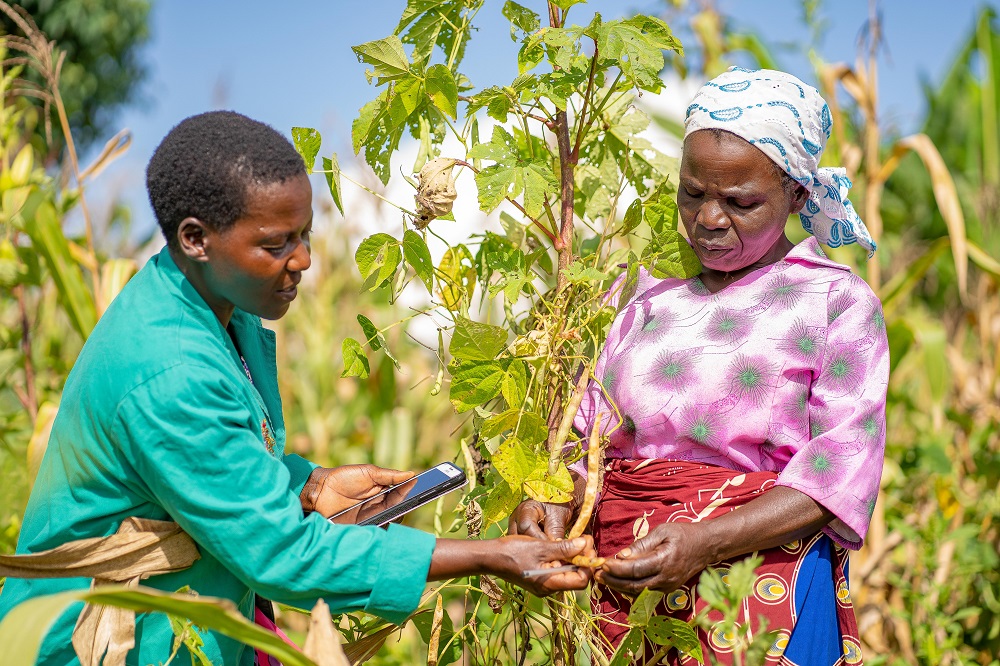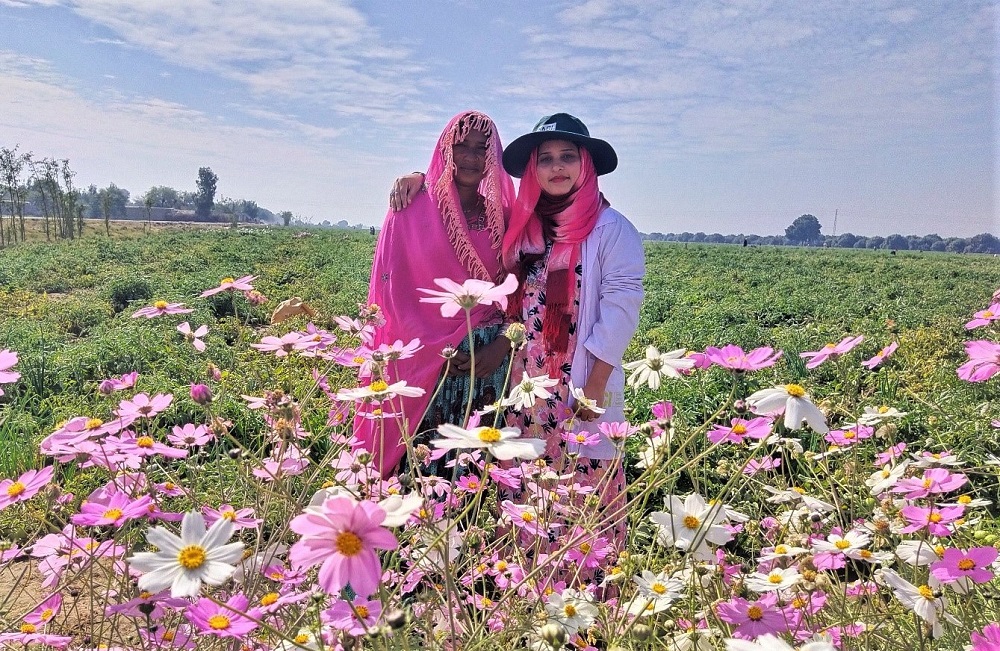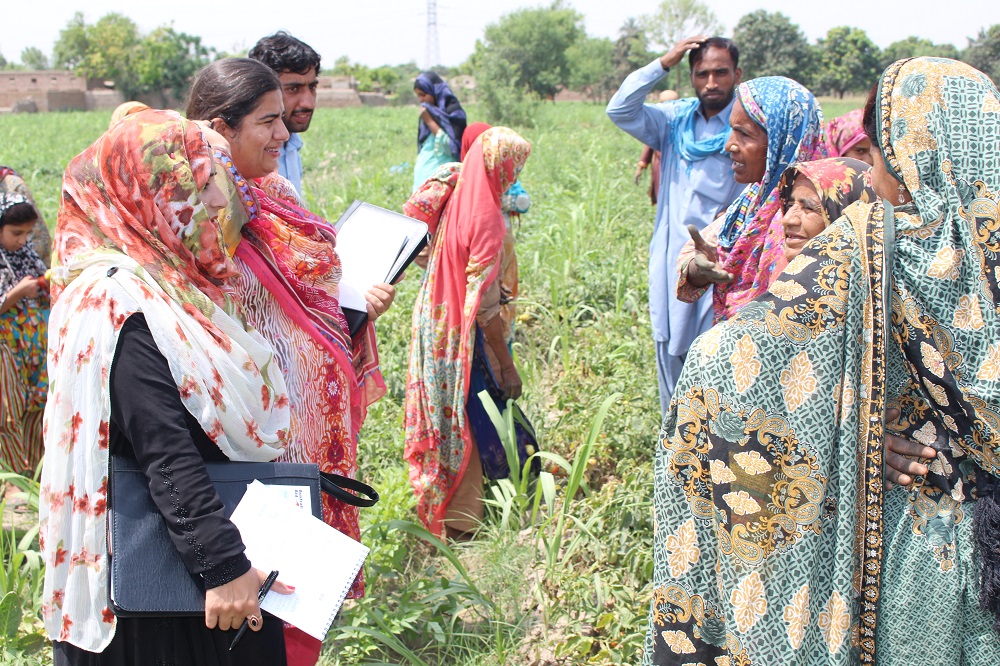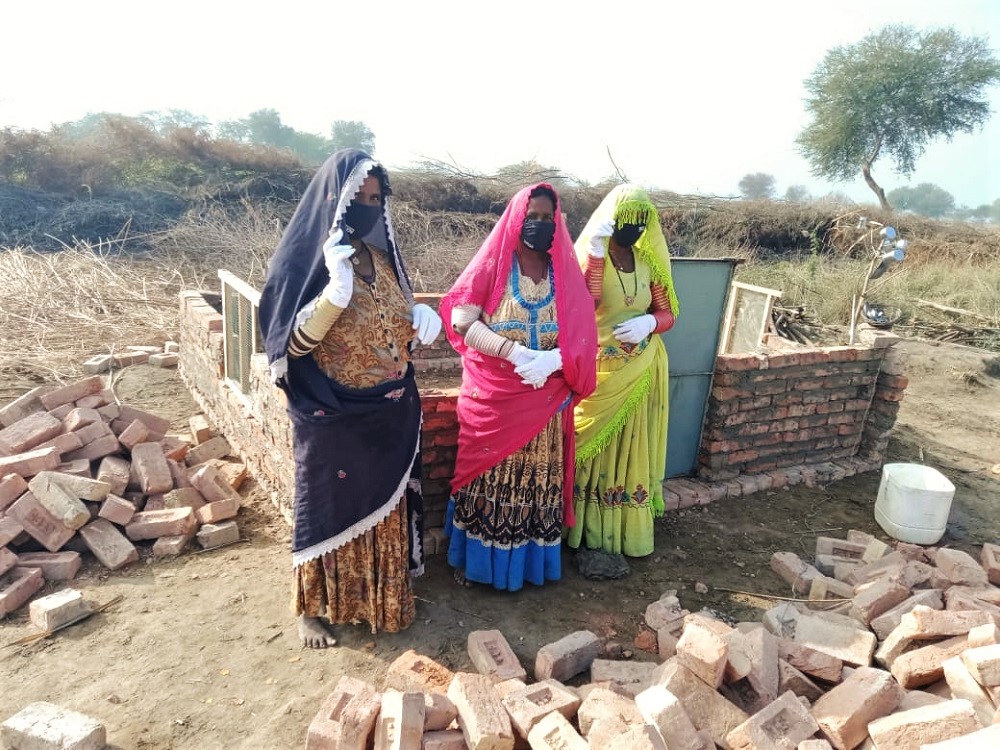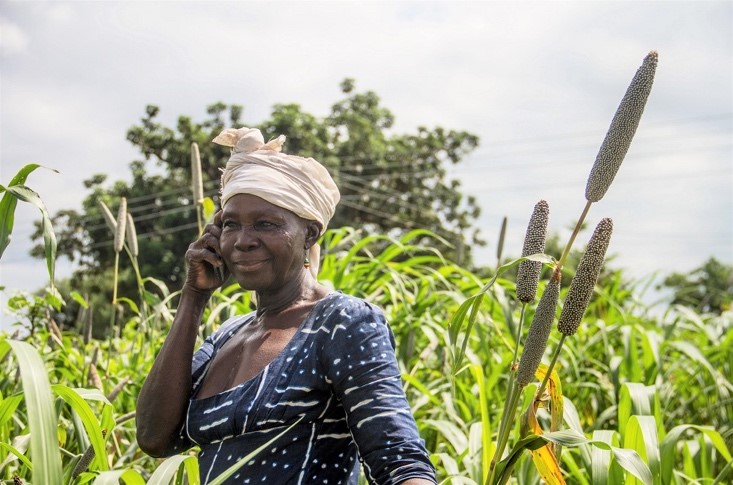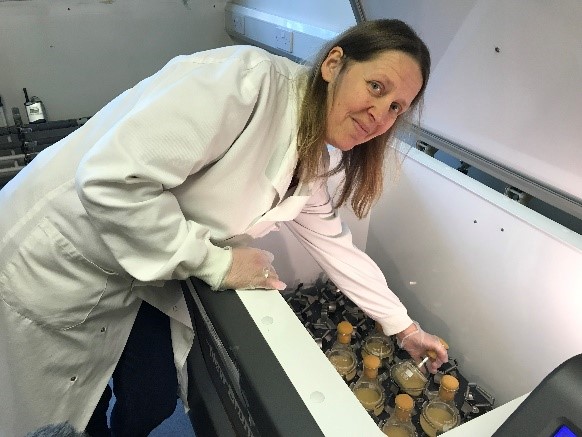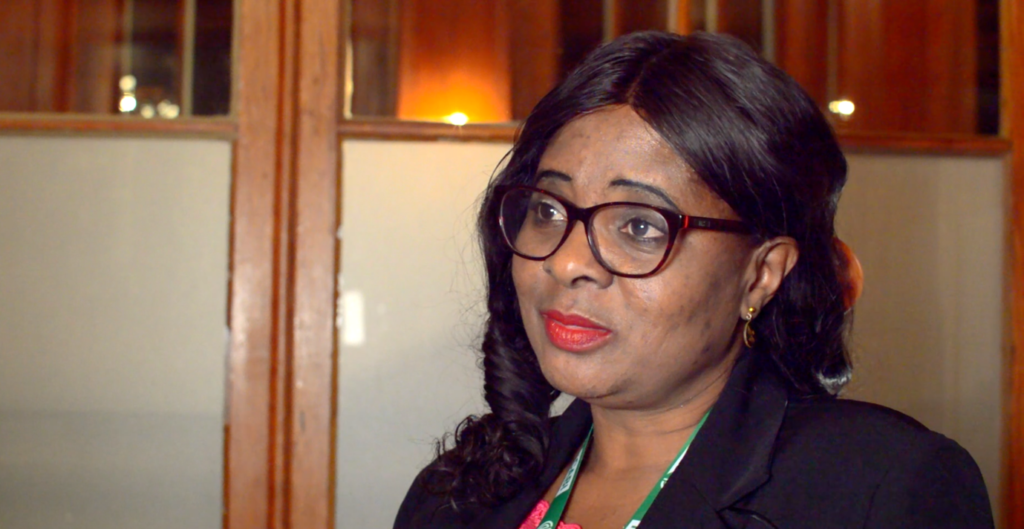How to be a Lecturer in Global and Planetary Health with Jennifer Cole
How can you grow your career as a woman in science? In line with CABI’s strategic goals to empower women, we’ve interviewed a series of professionals who’ve worked or collaborated with CABI to share how they got to their current position, giving tangible advice to others looking to grow their careers. In today’s blog, we…
How to be a Plant Pathologist with Janna Beckerman
How can you grow your career as a woman in science? In line with CABI’s strategic goals to empower women, we’ve interviewed a series of professionals who’ve worked or collaborated with CABI to share how they got to their current position, giving tangible advice to others looking to grow their careers. In today’s blog, we…
How to be a Senior Scientist with Djami Djeddour
How can you grow your career as a woman in science? In line with CABI’s strategic goals to empower women, we’ve interviewed a series of professionals who’ve worked or collaborated with CABI to share how they got to their current position, giving tangible advice to others looking to grow their careers. In today’s blog, we…




